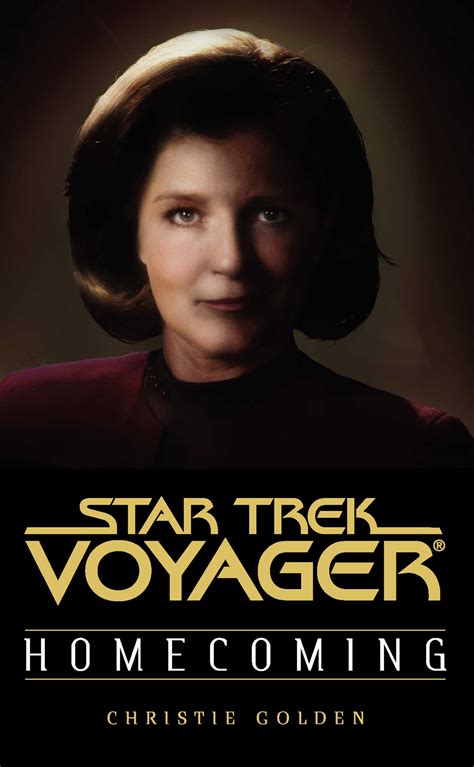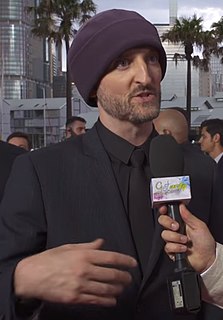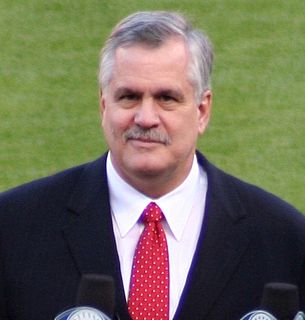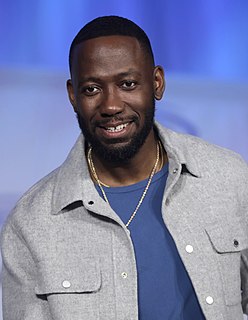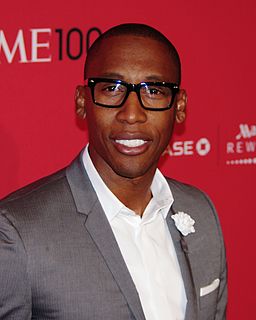A Quote by Dylan O'Brien
It makes it easier to adapt a book that is popular with kids because of how excited they are about the project; you don't get the criticisms you would get with other projects.
Related Quotes
I have a rule, and that is that I don't take on any project that I don't A) already know and love or B) believe I could get to know and love. Some of the most fun projects have come from franchises I knew nothing about initially. I would steep myself in the material, get all excited and geeky about it, then be able to produce something that hopefully both the creators and the fans would enjoy.
I try to just be open to what the next experience is and how it makes me feel, just reading a project, or trying to get involved with a project, or thinking about a project, and what particular emotional flavor that brings. To me, it's never really about planning the next thing, or the career arc. It's about investigating how I feel, from project to project, and finding things that I haven't explored and what that would be like.
I get letters from two kinds of readers. History buffs, who love to read history and biography for fun, and then kids who want to be writers but who rarely come out and say so in their letters. You can tell by the questions they ask - How did you get your ?rst book published? How long do you spend on a book? So I guess those are the readers that I'm writing for - kids who enjoy that kind of book, because they're interested in history, in other people's lives, in what has happened in the world. I believe that they're the ones who are going to be the movers and shakers.
I think every coach has to adapt to what they have, because they're what you get. You can't just go out to the player tree and pick all the great ones. That doesn't happen. You get a Barry Sanders every now and then. You get a Billy Sims every once in a while. And when you have it, you adapt to their strengths. Whoever comes in here and whoever has this job needs to adapt and will do that.
TV becomes easier because you get to spend time with that character. It's going to go on for a while, and the more you know something, the easier it becomes, the less nerves you have about it, and the better it is for improv because you have that camaraderie between cast regulars. In film, it's harder because you got to get in and get out.
Kids are probably frustrated and egos are too much involved and kids don't know how to get together and be kids and start a group and it's kind of sad because I feel like if you come out with three or four people in the beginning, you can be protected and everybody can shield each other. Before you get out there by yourself and get all these people coming at you. I just think it's not really there.

